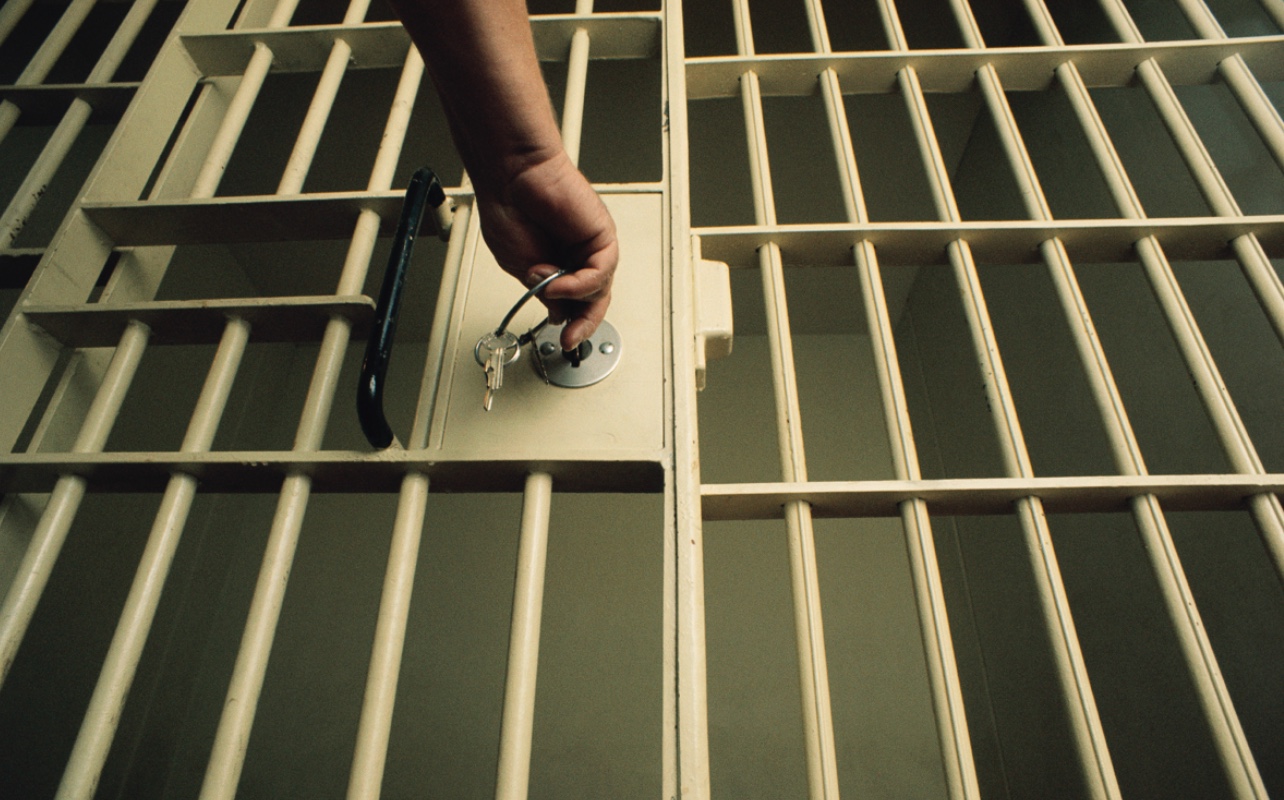
May 17, 2024
‘Modern-Day Form Of Slavery’: Lawsuit Alleges Alabama Denies Parole To Use Prisoners For Forced Labor
Did one of your favorite companies make the list?
A group of current and former Black prisoners have filed a class action suit against Alabama leaders and major companies whom they accuse of denying parole on the premise of forced labor.
Ten former and current inmates within the Alabama Department of Corrections have named Gov. Kay Ivey, the state attorney general, the prisons commissioner, parole board leaders, cities, and companies who they claim rely on forced labor. Some of the companies that were named include KFC, McDonald’s, and Wendy’s franchisees, Hyundai supplier Ju-Young, and beer distributor Bama Budweiser of Montgomery.
All defendants are accused of human trafficking, racketeering, and violating the Ku Klux Klan Act, targeting conspiracies that strip people of their constitutional rights. The argument is that government officials collaborated with these companies to keep Black people behind bars and available for cheap labor.
The suit, filed right before Christmas 2023, also alleges the companies conspired to profit from the work and seeks to “abolish a modern-day form of slavery.”
One of the plaintiffs, Lakiera Walker, who served 15 years, recalled her experience behind bars. One time, in particular, Walker remembers being sick with the flu and was forced to work on an assembly line at supermarket supplier Southeastern Meats Inc. “I am so sick,” she said she told a prison supervisor. He allegedly responded, “Get up and go make us our 40%.”
Walker said it made her feel “like he was a pimp.” Later that day, a fellow inmate would have to carry her to a medical ward.
The recently paroled prisoner was subjected to 12-hour shifts on her feet in sometimes 30-degree conditions. Walker made close to $13 an hour while packaging frozen peas and corn. However, most of the profit went to the state — two-fifths of it to the Alabama Department of Corrections to “assist in defraying the cost” of her incarceration.
According to Scheer Post, prison labor makes big money. In 2022, a report from the American Civil Liberties Union (ACLU) revealed that incarcerated workers provide prisons with an estimated savings of $9 billion a year in operational costs. From that, the prison earns over $2 billion in sales of goods and services, while the prisoners make pennies, with no say about what type of work they do or how they would like to be compensated.
Another survey by the Bureau of Justice Statistics found that 76% of the country’s estimated 800,000 incarcerated workers don’t have the leeway to refuse work without punishment or retaliation. Plaintiffs like Robert Earl Council, also known as Kinetik Justice, say it was time for someone to say something. “We wanted to bring an indictment against the entire system,” he said.
Alabama, along with several other states, has a reputation for how it treats its incarcerated population, on top of an overcrowded and filthy corrupt prison system. In Alabama, the mortality rate of prisoners is five times higher than the national average.
RELATED CONTENT: NBA Player Kyle Kuzma Announces Partnership To Benefit Female Inmates In Flint, Michigan